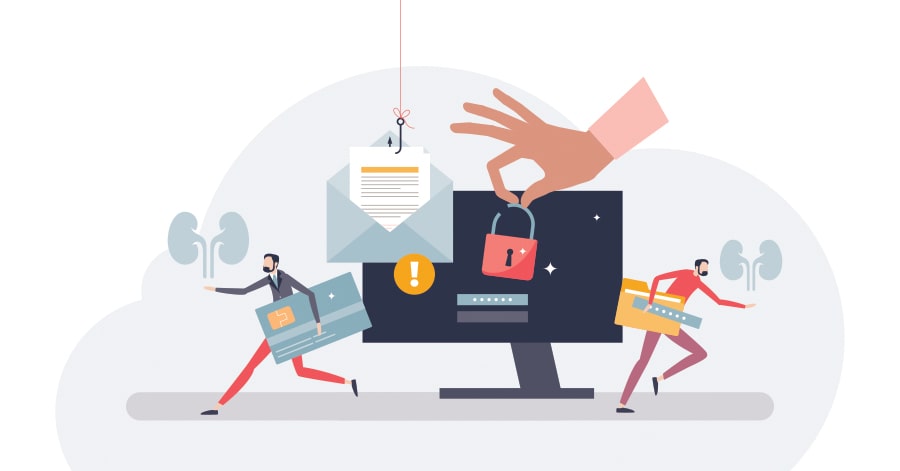
Compliance officer is one of the hats I wear at the company I work for, Sceptre Management. Part of my role as compliance officer is providing training about fraud, waste, and abuse to our staff and assisting our clients with their billing compliance. I have always been a rule follower (when I was younger, this often resulted in being teased by my peers), so helping others to be compliant with all applicable regulations is something I wholeheartedly enjoy. For clarification, general descriptions of fraud, waste, and abuse can be found at the end of this column.
Recently, a reader of this column sent me an email with an issue that made the compliance officer in me cringe. The email was from a biller at a small practice who was reaching out for guidance and insight about a challenge she had encountered with her supervisor. The supervisor had instructed the biller to submit claims to Medicare for a service that the biller believed was included in the Medicare Capitated Payment (MCP). The biller had told her supervisor that she believed the service in question was included in the MCP, but the supervisor instructed her to “Just bill it and see if it gets paid. If it gets paid, that means it’s not included.”
The biller, due to her reservations, had not yet submitted the claims to Medicare that she believed were not payable outside of the MCP. Rather, she decided to research the issue to determine the appropriate action. Questioning the supervisor’s instruction was absolutely the correct action in this instance. In fact, at Sceptre Management we encourage our staff to question instruction they receive if they feel it does not align with their understanding of our compliance program. This helps everyone to have a better understanding of our compliance program and take ownership in maintaining compliance with all applicable regulations.
The biller and I corresponded about the issue and were able to identify the section of the Medicare manual that discussed the coverage and reimbursement for the services the biller’s supervisor had instructed her to bill to Medicare. The biller took the documentation to her supervisor to discuss the services. The two determined that reimbursement inside of the MCP was already being received and it would have been both unnecessary and inappropriate to submit a claim to Medicare, as the service was not separately payable.
This situation had a great outcome, but it could have ended much differently. Had the biller submitted the claims to Medicare without performing additional research, it is quite possible that Medicare would have issued payment in error for the services. If Medicare had issued an erroneous payment for the services, the supervisor may have believed the services were separately payable. In this situation, the practice likely would have continued to bill and receive payment until the payment error was discovered by Medicare, at which time Medicare would require the practice to repay all of the funds it had received for claims paid in error.
Fraud, Waste, and Abuse
Regardless of a person’s role in a medical practice or entity that is involved with billing and obtaining reimbursement for medical services, everyone is responsible for preventing fraud, waste, and abuse. My experience has been that most people want to avoid fraud, waste, and abuse and welcome any assistance in maintaining their compliance.
Fraud is knowingly and willfully executing, or attempting to execute, a scheme or artifice to defraud any health care benefit program or to obtain, by means of false or fraudulent pretenses, representations, or promises, any of the money or property owned by, or under the custody or control of, any health care benefit program.
Waste includes practices that, directly or indirectly, result in unnecessary costs to the Medicare Program, such as overusing services. Waste is generally not considered to be caused by criminally negligent actions but rather by the misuse of resources.
Abuse includes actions that may, directly or indirectly, result in unnecessary costs to the Medicare Program. Abuse involves paying for items or services when there is no legal entitlement to that payment, and the provider has not knowingly or intentionally misrepresented facts to obtain payment.
Sarah Tolson is the director of operations for Sceptre Management Solutions, Inc., a company specializing in billing for outpatient ESRD dialysis programs, nephrology practices, and vascular access. Your questions are welcome, and she can be reached at stolson@sceptremanagement.com, 801.775.8010, or via Sceptre’s website, www.sceptremanagement.com.







 © 2025 Mashup Media, LLC, a Formedics Property. All Rights Reserved.
© 2025 Mashup Media, LLC, a Formedics Property. All Rights Reserved.